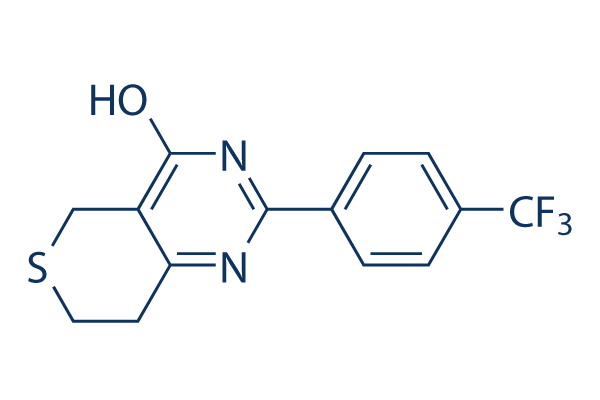Breast cancer preferentially spreads to bone. Tumor cells can generate or stimu late tumor stromal cells to secrete a range of cytokines, ECM parts,as well as other bioactive elements that act on cells inside the tumor, stroma and bone. Provided an proper environment, tumor cells grow to be extra invasive, stromal tissues support tumor outgrowth, and metastasis happens. The bone microenvironment favors tumor cell colonization for cancers this kind of as breast, pros tate, lung, renal, and colon. Breast cancer metastasis is historically bone destructive and osteolytic in nature, al although recent systemic advances in treatment together with bisphosphonates that potently inhibit osteoclastic exercise has resulted in more mixed osteolytic osteoblastic disorder. As a result, the precise molecular interactions in between the breast cancer cells, stromal tissues as well as bone micro surroundings drive the growth of bone metastasis.
A mechanistic knowing of your molecular things asso ciated with poor prognosis is significant explanation in building new therapies and molecular kinase inhibitor MLN0128 targets. Local and systemic immune modulators influence the tumor phenotype. Several cytokines and development elements participate in tumor stroma connectivity, in par ticular transforming development factor B and tumor necrosis aspect. These factors are initially sti mulated through the immune technique in response to tumor cells, playing a crucial position in the two immunity and irritation. These things have also been proven to manage tumor stromal cell proliferation, differentiation, and apoptosis. Throughout the early stages of tumori genesis, TGF B inhibits tumor development, and TNF induces tumor necrosis by initiating apoptotic cell or death affecting tumor vascularization. Paradoxically having said that, they are able to also promote tumor cell proliferation, progression and metastasis in innovative breast cancer.
Thus, each TNF and TGF B show a dual part in breast cancer tumorigenesis the two as tumor promoters and as tumor suppressors. Breast cancer stromal cells express enhanced TGF B one, TNF,and extracellular matrix molecules such as versi can. Enhanced versican expression promotes enhanced ranges of pEGFR, pERK, and pAKT. Expression of pERK enhances tumor cell migration, invasion, development, and metastasis.  We now have previously proven that expression of pAKT enhances tumor cell resistance to selected che motherapeutics and influences cellular survival and self renewal. Within this examine, the over expression of versican and TGF B promoted pre osteoblast cell expression, en hancing EGFR JNK signaling. This subsequently inhib ited osteoblast cell differentiation. Enhanced expression of versican and TNF in bone stroma activated pEGFR pJNK signaling in osteoblast cells, which induced osteo blastic cell apoptosis.
We now have previously proven that expression of pAKT enhances tumor cell resistance to selected che motherapeutics and influences cellular survival and self renewal. Within this examine, the over expression of versican and TGF B promoted pre osteoblast cell expression, en hancing EGFR JNK signaling. This subsequently inhib ited osteoblast cell differentiation. Enhanced expression of versican and TNF in bone stroma activated pEGFR pJNK signaling in osteoblast cells, which induced osteo blastic cell apoptosis.
PKA Signal
PKA signal is required for initiation
